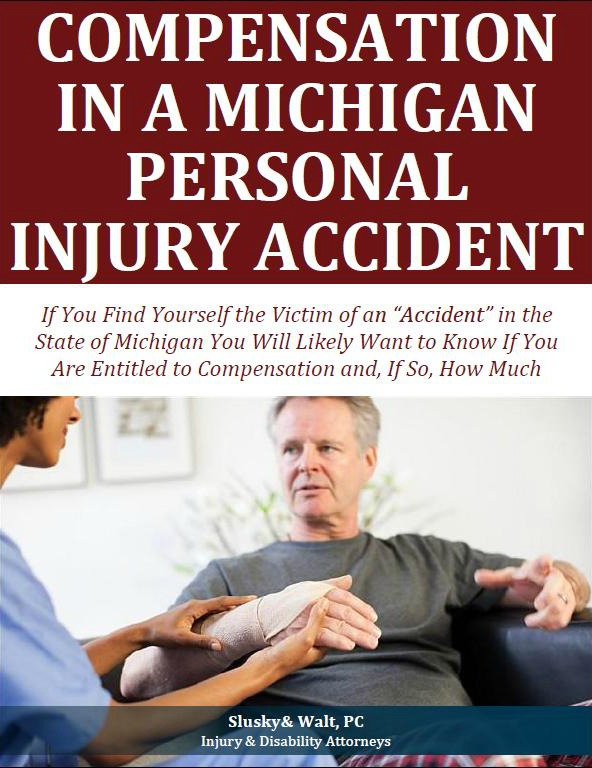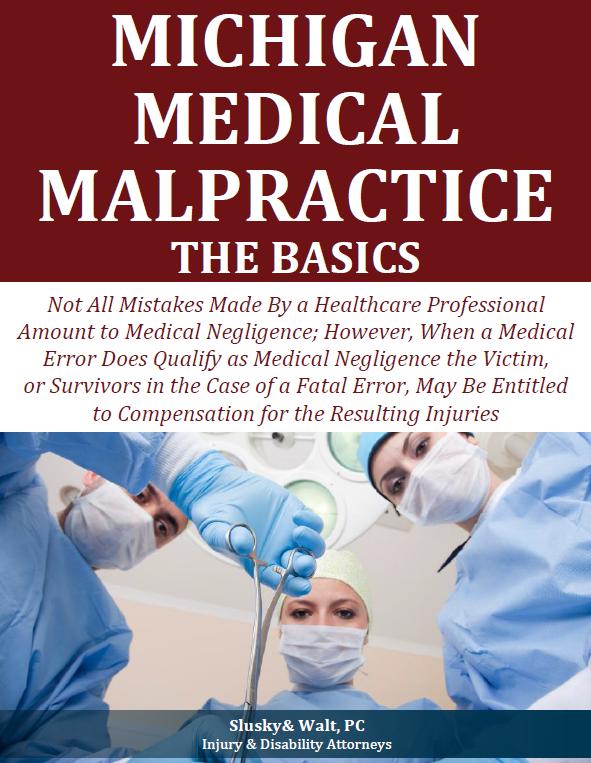Workplace accidents and work related illnesses occur far more often than most people realize. Sometimes the injuries are minor and the illness not serious; however, all too often a worker suffers serious injuries or a debilitating illness as a result of his or her employment. If you sustain injuries in a Michigan workplace accident, or you believe your illness is a result of your employment, you could be entitled to benefits from the Michigan workers’ compensation system. First, you must determine if you have a valid Michigan workers’ compensation claim.
The Michigan workers’ compensation system provides benefits to workers who are suffering a workplace injury or illness. The benefits available include medical treatment, wage loss replacement, and even things such as rehabilitation or death benefits when appropriate. The first step in determining if you have a valid claim is to determine if you are a covered worker.
Most, but not all, workers in Michigan are covered by the Michigan workers’ compensation system. Some common situations where you may be exempted from workers’ compensation include:
- Workers covered by the federal workers’ compensation
- Workers who work for a very small company
- Agricultural workers
- Some family members
- Independent contractors
Next, you must ask yourself if your injury or illness “arose out of and in the course of the employment”. Only injuries and illnesses that satisfy that test are covered by workers’ compensation. For the most part, injuries sustained while at work are clearly work related; however, there are some common situations where it is not so clear. For example, if you were driving to work in the morning and you were involved in a car accident, the injuries clearly did not “arise out of and in the course of the employment” and are not eligible for workers’ compensation benefits. If, however, your boss called you and asked you to stop and pick up some office supplies on the way to work, would the injuries sustained in the car accident be covered by workers’ compensation? These scenarios are harder to analyze; however, there is a good chance you would be covered.
Because it can be complicated to navigate the Michigan workers’ compensation system it is best to consult with an experienced Michigan workers’ compensation attorney right away if you believe you have suffered a compensable injury or illness.










